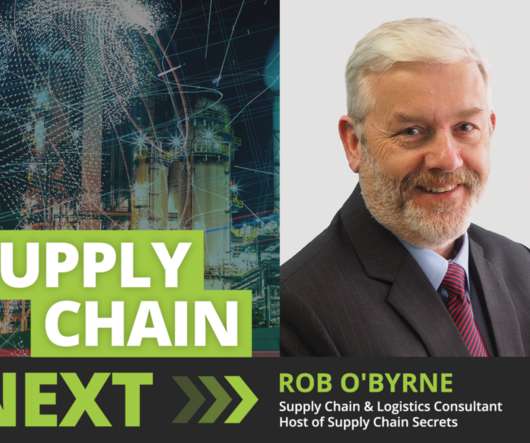Don’t Fret: Trans-Pacific Partnership (TPP) Agreement will not play havoc with the economic development of developing countries
The UCLA Anderson Global Supply Chain Blog
FEBRUARY 1, 2016
TPP is a unprecedented trade deal in history because it involves 12 countries (United States, Japan, Australia, Peru, Malaysia, Vietnam, New Zealand, Chile, Singapore, Canada, Mexico, and Brunei Darussalam), which accounts for 40% of global trade. (The The global trade amounts to US$ 38 trillion in 2014, where China took the lead with US$ 4.2





































Let's personalize your content